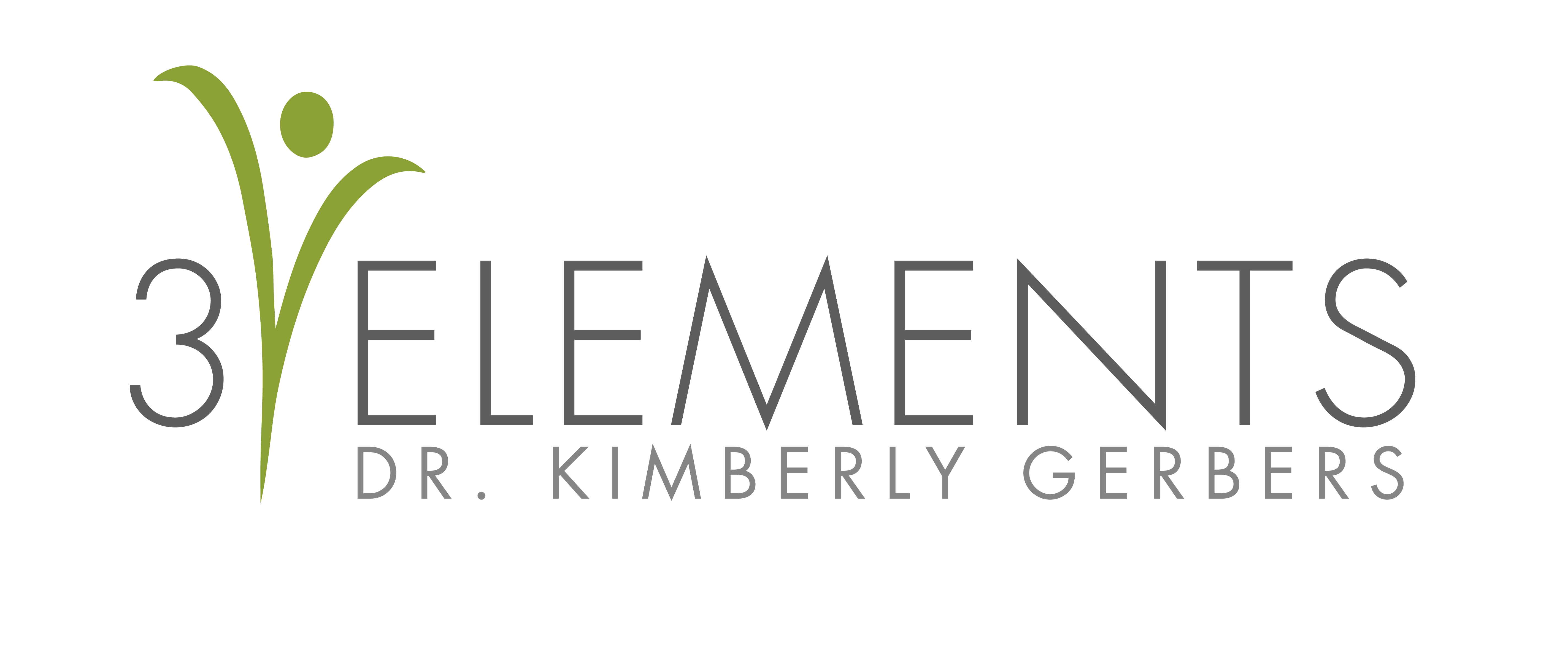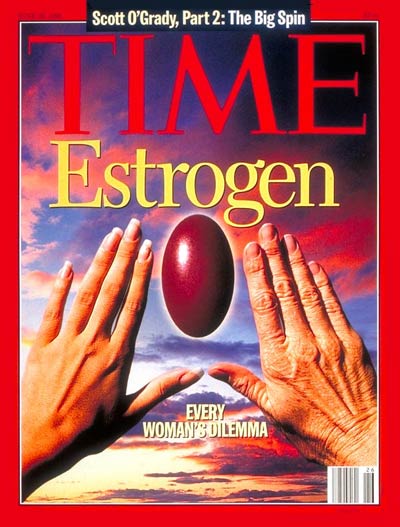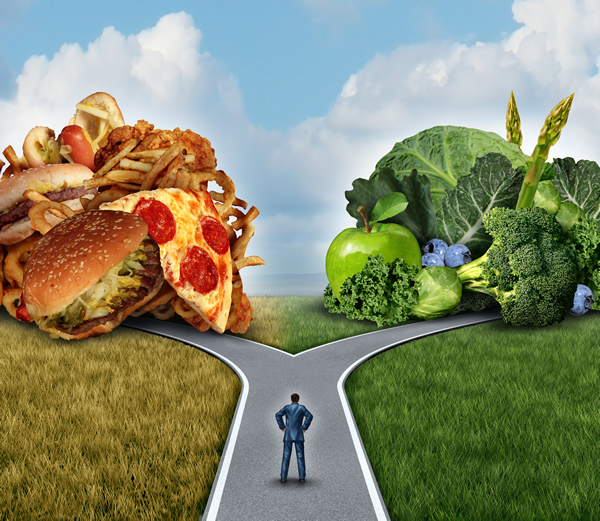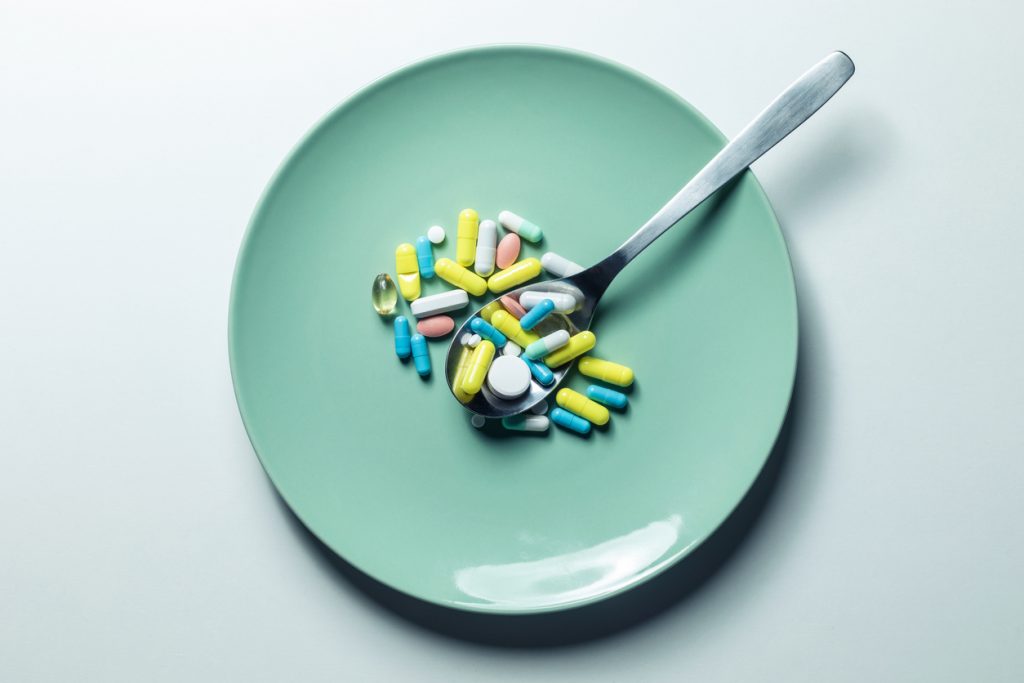
Most people, men and women included, have heard of postpartum depression. So much so that it’s one of the only aspects of postpartum health that is actually researched and discussed openly. There is, however, another facet of postpartum health that doesn’t receive a lot of attention — even though it really (really) should.
Postnatal depletion.
Whether you just delivered a baby or have a home filled with school-aged kids, all moms are impacted by postnatal depletion. Why? Because the process of growing a baby, delivering the baby, and then caring for that baby is just so demanding on your physical body.
Caused by nutrient deficiencies, physical changes, stress, sleeplessness, hormones, and anxiety (just to get the list started), postnatal depletion is serious, especially if it’s not properly addressed. At every stage of the mothering journey, recovery is essential. That means that moms need to be supported for years after giving birth, not just in the immediate hours and few weeks following their delivery.
While postnatal depletion can look different from mom to mom, a lot of the common denominators include:
- Memory loss
- Difficulty concentrating
- Feeling of overwhelm
- Anxiety
- Brain fog
- Loss of confidence
- Isolation
- Fatigue
- Sleeplessness, insomnia, or poor sleep
In order to support mothers the way they need to be, their entire health and well-being needs to be looked at using a holistic approach. There is no one right answer or one quick fix.
There are, however, intelligent ways to start the road to postpartum recovery and well-being. One of those is proper nutrition. For postpartum mothers, the right nutrition tends to include good carbs, balanced protein and iron sources, healthy fats, and healing spices. These types of nourishing foods help your body (and mind) recover — and while boosting milk supply for mothers still breastfeeding, too.
Here are four nutrition staples for moms looking to replenish after postpartum depletion.
- Bone Broth. Right after giving birth, it’s a good idea to eat foods that are easy to digest and packed with nutrients. Bone broth is one of those foods. A great source of minerals, protein, and collagen, bone broth helps to repair tissue and, because of the collagen, it can even help retighten stretched skin.
- Mother Honey. Rich in enzymes, mother honey is both anti-inflammatory and great for bolstering the immune system. It’s also a sweet way to increase energy and improve digestion. And, for breastfeeding moms, mother honey is also know to improve the quality and flow of breast milk.
- Golden Butter. A form of ghee, golden butter is whipped with nourishing spices (like turmeric, cumin and cardamom) to improve digestion and replenish your gut. Filled with healthy fats, using golden butter as a staple in your kitchen helps your body get the vitamins and omegas it needs.
- Kitchari. An ayurvedic food staple, kitchari is one of the most nourishing complete meals you can have. The combination of rice and mung dal provides all the amino acids needed to form a complete protein. And because of this protein content, kitchari helps to stabilize blood sugar, which keeps your energy levels high and your mind clear and sharp. Easy to digest, kitchari is easy to prepare at home — all you need is a few staples. Start with a pre-made mix of kitchari spices, and then just add in rice, mung bean dal, and any veggies you have on hand.
One of the most important aspects to taking care of yourself postpartum is recognizing is that your body is depleted. In order to “bounce back”, you need to be nourishing your body and mind — and a diet filled with healthy foods is a great place for all moms to start.




About The Author: Kimberly Gerbers
More posts by Kimberly Gerbers